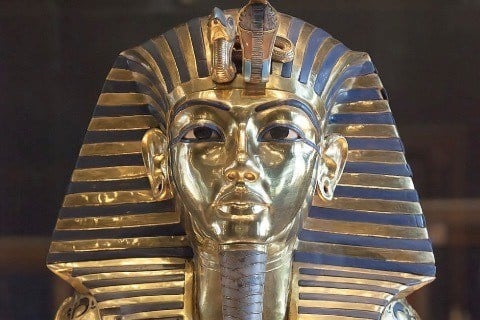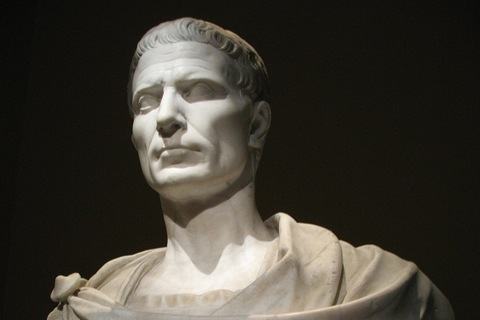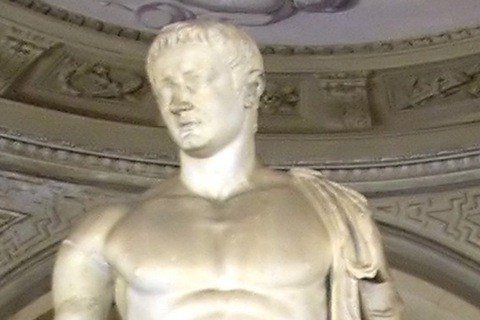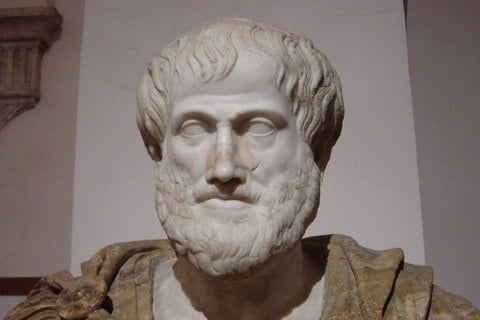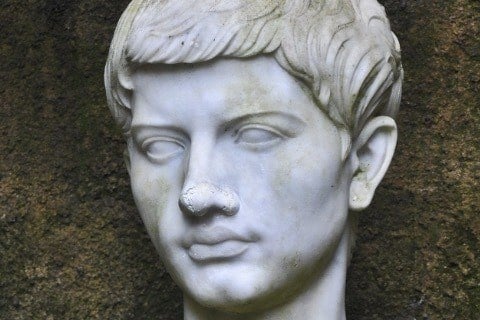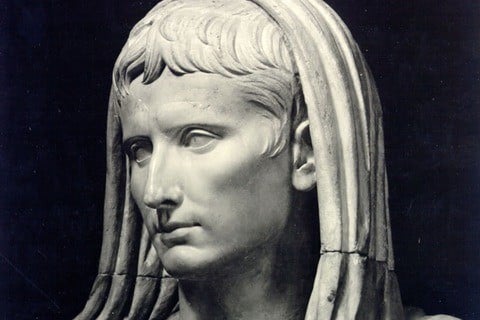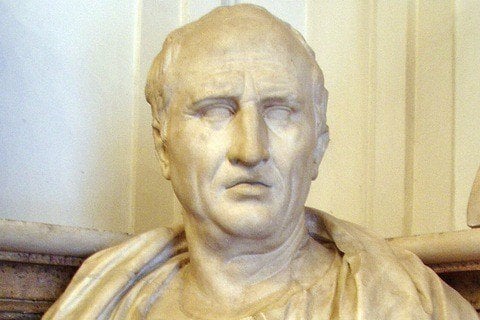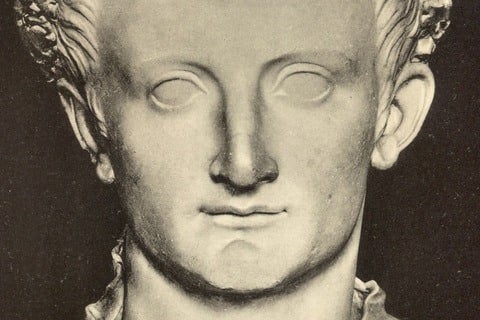
Plato was an Athenian philosopher during the Classical period in Ancient Greece, founder of the Platonist school of thought and the Academy, the first institution of higher learning in the Western world. He is widely considered as one of the most important and influential individuals in human history, and the pivotal figure in the history of Ancient Greek and Western philosophy, along with his teacher, Socrates, and his most famous student, Aristotle. Plato has also often been cited as one of the founders of Western religion and spirituality. The so-called neoplatonism of philosophers such as Plotinus and Porphyry greatly influenced Christianity through Church Fathers such as Augustine. Alfred North Whitehead once noted: "the safest general characterization of the European philosophical tradition is that it consists of a series of footnotes to Plato." Plato was an innovator of the written dialogue and dialectic forms in philosophy.
| Born | 428/427 or 424/423 BC, Athens, Greece |
| Died | 348/347 BC (age c. 80), Athens, Greece |
| Notable work | Apology, Crito, Euthyphro, Meno, Parmenides, Phaedo, Phaedrus, Republic, Symposium, Timaeus |
关于Plato
Classical Greece philosopher and the founder of the Academy in Athens who is widely considered the pivotal figure in the development of Western philosophy.
Plato的成就
He was the student of Socrates and the teacher of Aristotle. He was the innovator of the written dialogue and dialectic forms in philosophy. His most famous contribution is Platonism, "the doctrine of the Forms to provide a realist solution to the problem of universals."
您不知道Plato的热门事实
Plato Category.. Socratic Problem - In historical scholarship, the Socratic problem concerns attempts at reconstructing a historical and philosophical image of Socrates based on the variable, and sometimes contradictory, nature of the existing sources on his life.. Platonic Academy - The Academy was founded by Plato in c. 387 BC in Athens. Aristotle studied there for twenty years before founding his own school, the Lyceum.. Plato's unwritten doctrines - Plato's so-called unwritten doctrines are metaphysical theories ascribed to him by his students and other ancient philosophers but not clearly formulated in his writings.. Commentaries on Plato - Commentaries on Plato refers to the great mass of literature produced, especially in the ancient and medieval world, to explain and clarify the works of Plato.. Neoplatonism - Neoplatonism is a strand of Platonic philosophy that emerged in the second century AD against the background of Hellenistic philosophy and religion.. Academic Skepticism - Academic skepticism refers to the skeptical period of ancient Platonism dating from around 266 BC, when Arcesilaus became scholarch of the Platonic Academy, until around 90 BC, when Antiochus of Ascalon rejected skepticism, although individual philosophers, such as Favorinus and his teacher.... Epigrammatists.. Moral realists.. Ancient Syracuse.. Ancient Greek physicists.. Pupils of Socrates.. Ancient Greek slaves and freedmen.. Attic Greek writers.. Ancient Athenian philosophers.. Ancient Greek logicians.. 5th-century BC writers.. Western philosophy.. 4th-century BC writers.. Academic philosophers.. Philosophers of love.. Epigrammatists of the Greek Anthology.. 5th-century BC philosophers.. Greek speculative fiction writers.. Platonism.. Western culture.. Rationalists.. Logicians.. Natural philosophers.. Idealists.. 4th-century BC philosophers.. Aphorists.. Theorists on Western civilization.. Critical thinking.. Ancient Greek philosophers.. Social commentators.. Philosophers of law.. Philosophers of history.. Philosophy writers.. Philosophers of education.. Philosophers of art.. Philosophers of culture.. Philosophers of language.. Cultural critics.. Ontologists.. Social philosophers.. 5th-century BC Greek people.. Philosophy academics.. Social critics.. Metaphysicians.. Political philosophers.. Philosophers of mind.. Epistemologists.. Moral philosophers.. Philosophers of science.. 4th-century BC Greek people.


